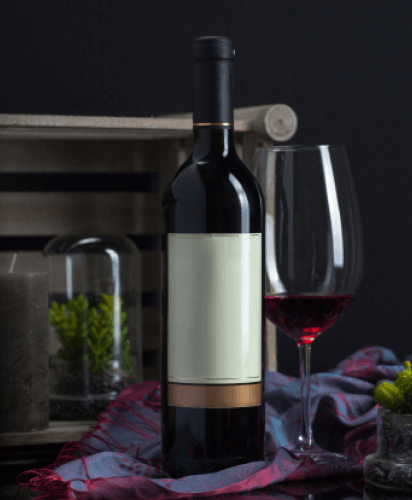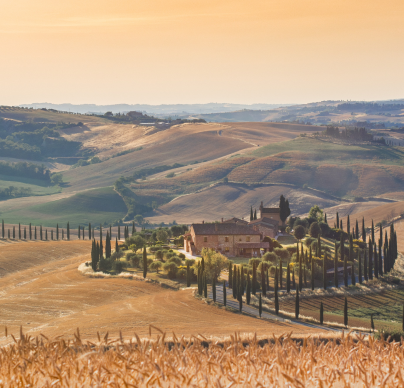
Wine aging refers to a group of reactions that tend to improve the taste and flavor of a wine over time. The term wine ‘maturation’ refers to changes in wine after fermentation and before bottling. During this period, the wine is subjected to various treatments, such as malolactic fermentation, clarification, stabilization, and bulk storage.


“Nothing more excellent and valuable Than wine was ever granted by the Gods to Man.”
~Plato
After bottling, once the oxygen picked up at bottling is consumed, the wine is in the absence of oxygen. This is called the reductive atmosphere. Many reactions occur during this phase to contribute to the final bottle.
“Nothing more excellent and valuable Than wine was ever granted by the Gods to Man.”
Dry reds seem to age well for longer periods than the whites. The flavors from oak seem to complement the varietal aromas.


Wine aging refers to a group of reactions that tend to improve the taste and flavor of a wine over time. The term wine ‘maturation’ refers to changes in wine after fermentation and before bottling. During this period, the wine is subjected to various treatments, such as malolactic fermentation, clarification, stabilization, and bulk storage.
Wine aging refers to a group of reactions that tend to improve the taste and flavor of a wine over time. The term wine ‘maturation’ refers to changes in wine after fermentation and before bottling. During this period, the wine is subjected to various treatments, such as malolactic fermentation, clarification, stabilization, and bulk storage.

“Nothing more excellent and valuable Than wine was ever granted by the Gods to Man.”
~Plato

- 0 Comments
- winery
